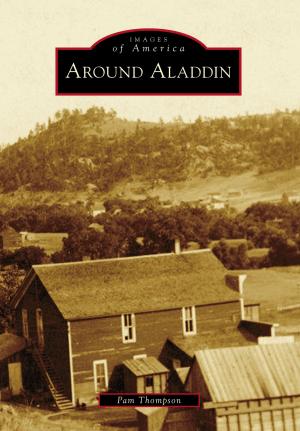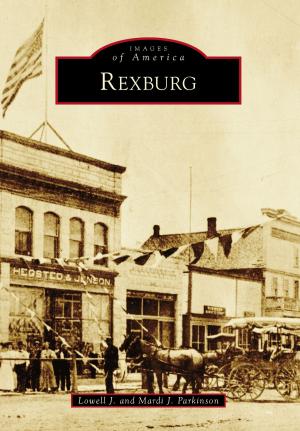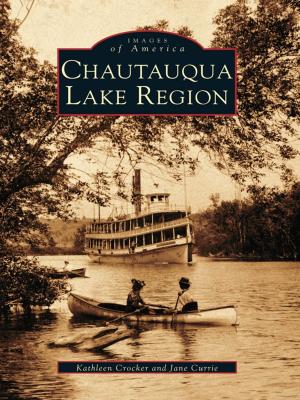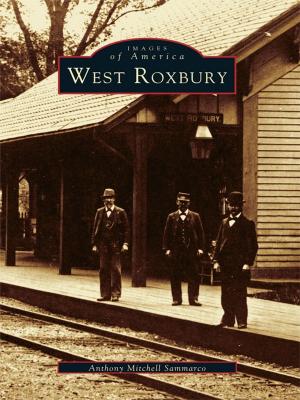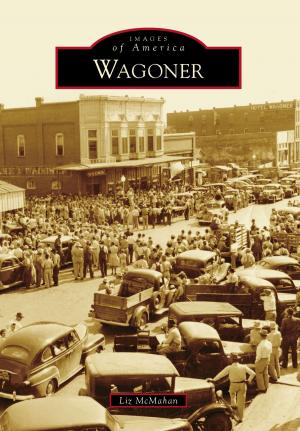| Author: | Jan Cerney | ISBN: | 9781439632796 |
| Publisher: | Arcadia Publishing Inc. | Publication: | April 26, 2006 |
| Imprint: | Arcadia Publishing | Language: | English |
| Author: | Jan Cerney |
| ISBN: | 9781439632796 |
| Publisher: | Arcadia Publishing Inc. |
| Publication: | April 26, 2006 |
| Imprint: | Arcadia Publishing |
| Language: | English |
From prairie to river�s edge, the Pierre and Fort Pierre area resounds with historical adventure. Visited in 1743 by French explorers�the Verendrye brothers�and by Lewis and Clark in 1804, Fort Pierre was established as a significant fur trading post in 1817 and served briefly as a military fort in 1855. The decaying port settlement was revived during the Black Hills gold rush of 1875, outfitting bull trains. For over a decade, it bustled with freighting activity and stagecoach travel on the Fort Pierre-Deadwood gold trail. When the Chicago, Northwestern Railroad reached the Missouri River in 1880, Fort Pierre�s sister city, Pierre, emerged as an important river town. During the days of the open range, Fort Pierre served as a holding place for the millions of cattle to be ferried across the Missouri to the trains at Pierre. In 1889, Pierre was named capital of the state and became the political heart of South Dakota. When nearby reservations opened for settlement, the cattle range began to fill with settlers, changing the scene once again. In these pages, a pictorial history unfolds, the drama of men and women who lived out their dreams near the Missouri.
From prairie to river�s edge, the Pierre and Fort Pierre area resounds with historical adventure. Visited in 1743 by French explorers�the Verendrye brothers�and by Lewis and Clark in 1804, Fort Pierre was established as a significant fur trading post in 1817 and served briefly as a military fort in 1855. The decaying port settlement was revived during the Black Hills gold rush of 1875, outfitting bull trains. For over a decade, it bustled with freighting activity and stagecoach travel on the Fort Pierre-Deadwood gold trail. When the Chicago, Northwestern Railroad reached the Missouri River in 1880, Fort Pierre�s sister city, Pierre, emerged as an important river town. During the days of the open range, Fort Pierre served as a holding place for the millions of cattle to be ferried across the Missouri to the trains at Pierre. In 1889, Pierre was named capital of the state and became the political heart of South Dakota. When nearby reservations opened for settlement, the cattle range began to fill with settlers, changing the scene once again. In these pages, a pictorial history unfolds, the drama of men and women who lived out their dreams near the Missouri.





